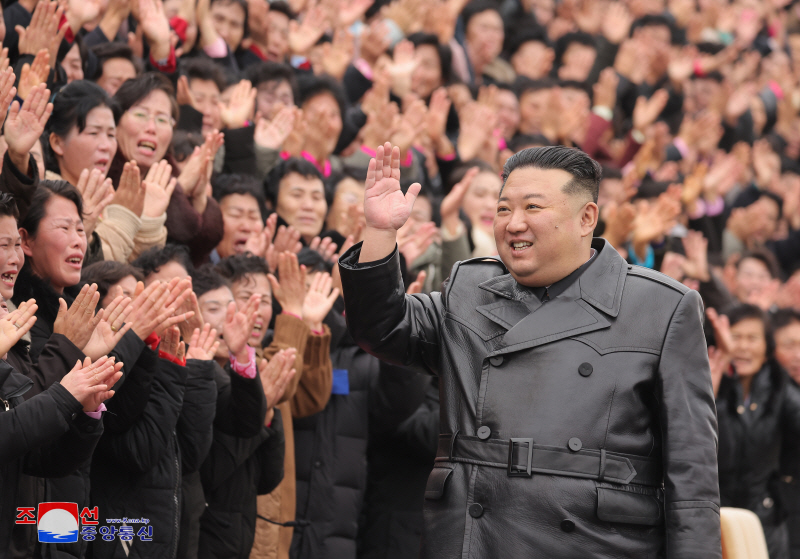The North Korean government, viewing the issue of childbirth as a matter of national survival, has recently begun punishing traders selling birth control pills and doctors performing illegal abortions.
Despite the government’s strong efforts to promote childbirth through multi-child preference policies—offering monthly food supplies to families with four or more children and even new homes for those with six or more—the birth rate, which sharply declined during the COVID-19 pandemic, has not recovered.
In response to the population crisis following the “Arduous March,” North Korea completely banned abortions in hospitals and criminalized the sale of contraceptives by private traders.

According to a September 4 report from Radio Free Asia (RFA), authorities have recently cracked down on doctors performing abortions in unauthorized facilities and individuals selling contraceptives illegally.
A source from the medical sector in Yanggang Province told RFA that a trial took place on August 28 in the meeting room of Hyesan Medical Hospital. At this trial, the chief of obstetrics and gynecology at a hospital in Baekam County Hospital sentenced to five years in prison for performing an abortion at home, while a gynecologist from a hospital in Unhung County received a three-year sentence.
The source explained that the chief of obstetrics and gynecology at Baekam County, a 61-year-old set to retire this year, caused the death of a 22-year-old woman during an illegal abortion in June. The gynecologist from Unhung County had previously been reprimanded for conducting an illegal abortion in 2021.
Both doctors reportedly performed abortions in secret, using medical equipment they had set up at home. They charged around 30,000 North Korean won per procedure, which is equivalent to a month’s salary for a laborer in North Korea, enough to buy 4.5 kg of rice. Some days, they performed as many as three abortions, the source added.
In addition to the doctors, traders selling contraceptives are also being punished. Another source from Yanggang Province, also speaking anonymously, reported that on August 22, three traders selling contraceptives at the Hyesan marketplace had their stalls confiscated and were each fined 300,000 won.
The source explained that all the contraceptives being sold in North Korea are smuggled from China. Despite the tightening of border security along the Yalu and Tumen rivers since 2020, small-scale smuggling of medical supplies continues by sea, and these contraceptives are being brought in by fishermen and spread across the country’s marketplaces.
One such smuggled contraceptive, the Chinese-made “Levono,” is in high demand among young women and sells for about 20,000 won per pill. However, the shortage of supply makes it difficult to obtain.

The declining birth rate in North Korea has also been linked to the increasing reluctance of women to marry. The source pointed out that the economic difficulties exacerbated by the pandemic have led to women shunning both childbirth and marriage, particularly in urban areas, further reducing the birth rate.
During North Korea’s first National Conference of Mothers Conference in 11 years, leader Kim Jong-un personally addressed the issue of declining birth rates, underscoring the need to reverse the trend.
“When all mothers clearly understand that it is patriotism to give birth to many children and do so positively, our cause of building a powerful socialist country can be hastened faster,” Kim said at that time.
According to a paper published by South Korea’s central bank, Bank of Korea, in December 2023, North Korea’s fertility rate has steadily decreased from 1.91 children per woman in the 1990s to 1.38 in the 2010s, with potential signs that it has fallen even further since then, indicating a shrinking working-age population.
BY YOUNGNAM KIM [kim.youngnam@koreadaily.com]





